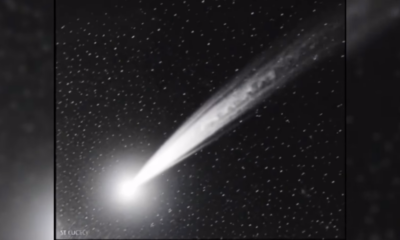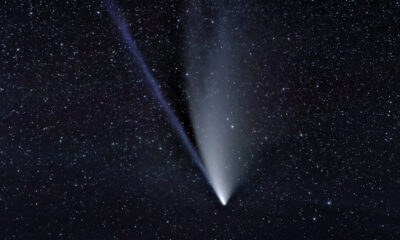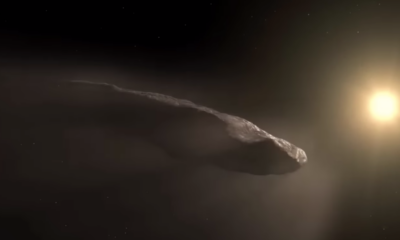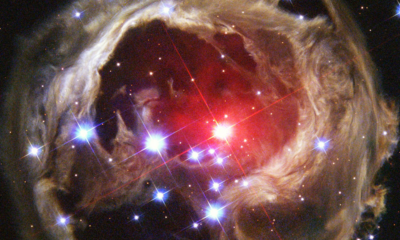Science
Astronomer Avi Loeb Explores Financial Gains from 3I/ATLAS Discovery
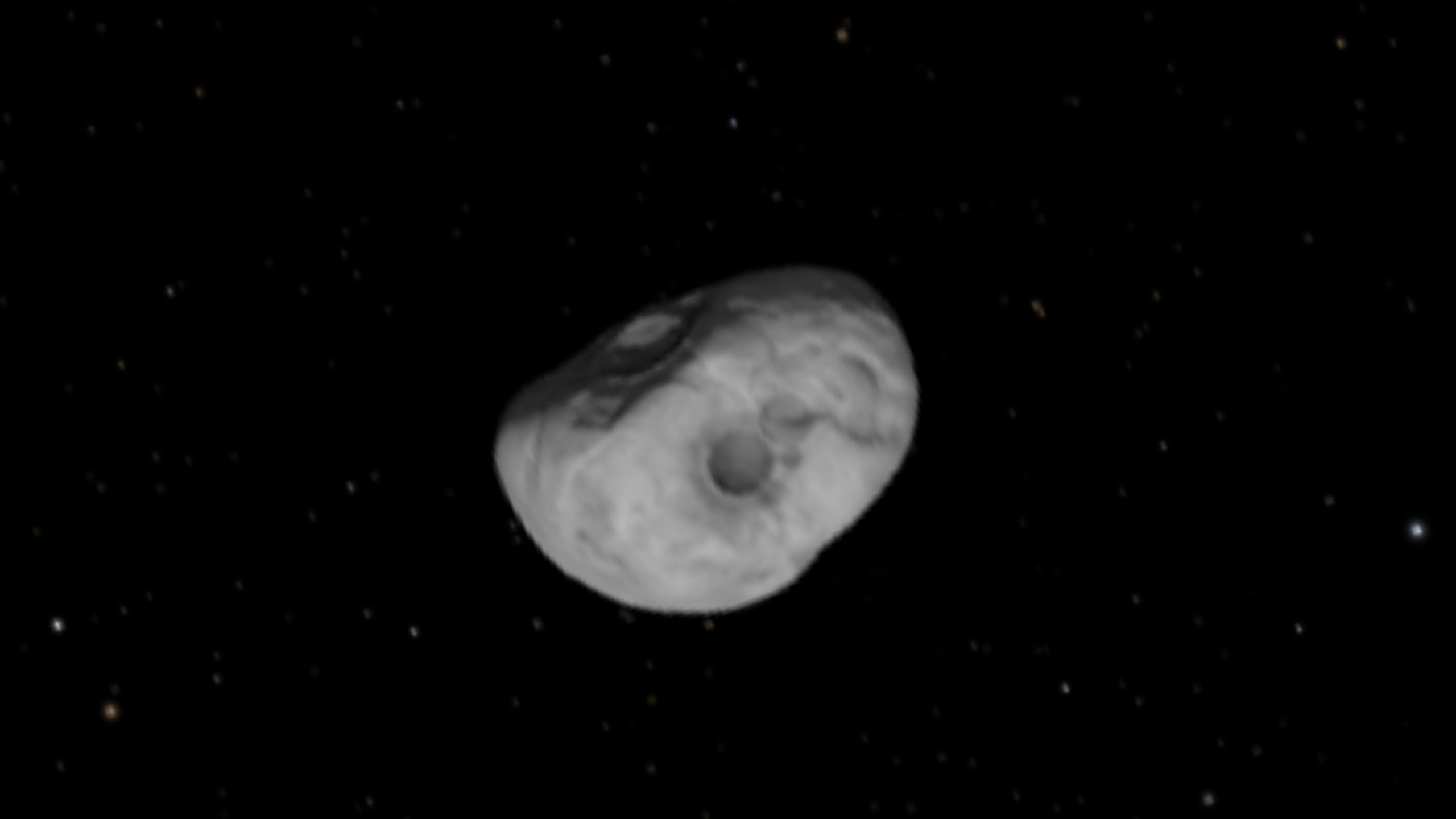
A mysterious interstellar object named 3I/ATLAS entered the solar system in mid-2025, captivating astronomers worldwide. Its unusual trajectory and absence of a visible tail have led scientists to speculate whether it is a natural comet or a potential piece of alien technology. Avi Loeb, a prominent astrophysicist at Harvard University, expressed that discovering 3I/ATLAS as an icy rock would be a relief, minimizing risks to humanity. However, he also noted that if it is indeed artificial, it could unlock significant scientific and financial opportunities.
Loeb, who leads the Galileo Project aimed at finding extraterrestrial artifacts, shared his insights during a virtual Q&A session with investors. He emphasized that studying interstellar objects like 3I/ATLAS could lead to breakthroughs that humanity might otherwise take centuries to achieve. He stated, “An encounter with alien technology might have great financial benefits in case we access future technologies that will take us a long time to develop on our own.”
The Economic Potential of Extraterrestrial Research
According to Loeb, research into alien technology could inspire advancements beyond our current space exploration efforts, potentially leading to new energy systems or advanced propulsion methods. He proposed the development of early warning systems and solar interceptors to monitor and study such objects. These initiatives, he argued, would not only enhance scientific understanding but also support budding private space ventures, creating a dual benefit for both science and economics.
Loeb’s perspective has sparked reactions from a broad audience, including investors and scientists. He believes that the discovery of alien artifacts could serve as a catalyst for shifting priorities on Earth, redirecting focus from conflicts towards shared exploration goals. He described this potential discovery as a “wake-up call” for humanity, urging a renewed commitment to scientific curiosity.
“The complacency with traditional ideas is the enemy of scientific curiosity,” Loeb remarked. He compared researchers who resist exploring new ideas to archaeologists who never dig, assuming there is nothing to uncover. He advocates for an engaged stance towards our cosmic environment, emphasizing the moral and intellectual dimensions of curiosity.
Anticipating Future Discoveries
Loeb is optimistic that 3I/ATLAS will not be an isolated case. He referenced the NSF–DOE Rubin Observatory, which may identify dozens of new interstellar objects in the coming years. Each of these objects, he argued, deserves thorough analysis using the world’s most advanced telescopes. He also suggested the construction of larger instruments capable of detecting heat signatures or unusual movements, as some objects may appear as ordinary rocks while concealing sophisticated technology within.
Loeb referred to such potential cases as “Trojan Horses,” highlighting the importance of remaining open-minded in research. He concluded by stating that humanity’s next steps in exploration will hinge on how it approaches the study of 3I/ATLAS—whether viewing it merely as a rock or as a remnant of advanced alien design.
In the end, Loeb’s insights not only illuminate the intriguing possibilities surrounding 3I/ATLAS but also suggest a broader narrative about humanity’s place in the universe and the importance of remaining curious and proactive in scientific endeavors.
-

 World1 day ago
World1 day agoCoronation Street’s Shocking Murder Twist Reveals Family Secrets
-

 Entertainment4 months ago
Entertainment4 months agoKate Garraway Sells £2 Million Home Amid Financial Struggles
-

 Entertainment3 months ago
Entertainment3 months agoAnn Ming Reflects on ITV’s ‘I Fought the Law’ Drama
-

 Health3 months ago
Health3 months agoKatie Price Faces New Health Concerns After Cancer Symptoms Resurface
-

 Entertainment3 weeks ago
Entertainment3 weeks agoCoronation Street Fans React as Todd Faces Heartbreaking Choice
-

 World3 weeks ago
World3 weeks agoBailey Announces Heartbreaking Split from Rebecca After Reunion
-

 World4 days ago
World4 days agoKevin Sinfield Exceeds Fundraising Goal Ahead of Final Marathons
-

 Entertainment3 months ago
Entertainment3 months agoCoronation Street’s Carl Webster Faces Trouble with New Affairs
-

 Entertainment4 days ago
Entertainment4 days agoTwo Stars Evicted from I’m A Celebrity Just Days Before Finale
-

 Entertainment3 months ago
Entertainment3 months agoWhere is Tinder Swindler Simon Leviev? Latest Updates Revealed
-

 Entertainment4 months ago
Entertainment4 months agoMarkiplier Addresses AI Controversy During Livestream Response
-

 Science2 months ago
Science2 months agoBrian Cox Addresses Claims of Alien Probe in 3I/ATLAS Discovery





